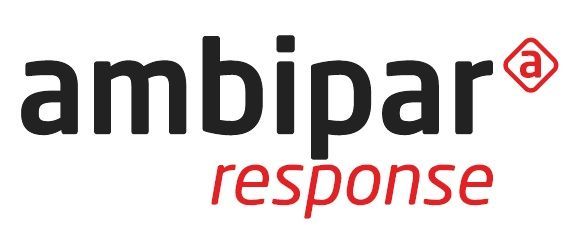Legislation
The Water Services Act 2007 was introduced to make Ireland compliant with a European Court of Justice ruling in October 2009 where the Court found that Ireland had failed to fulfil its obligations regarding domestic waste waters.
Some Important Figures:
€50 Registration Fee* to be paid by the property owner to register their septic tank every 5 years. The revenue from the fee will be used to defray the costs of the water services authority and insure there are no Exchequer or staffing implications arising.
Registration
Under the legislation anyone who owns a septic tank or a waste-water treatment system needs to register. Householders can now register their treatment system. See Septic Tank Registration
€200 Re-inspection Fee The scope of the re-inspection includes surveys, excavations, monitoring, testing of samples, etc. and so therefore the re-inspection fee is a partial contribution to the actual costs.
€5,000 Guilty of an offence The owner must ensure that the on-site waste water treatment system serving the premises is maintained and operated in a manner that does not cause risk to human health or the environment. Owners must also register their systems with the relevant water services authority by the prescribed date. Failure by an owner of a premises served by a treatment system to carry out any of the requirements of the legislation will be issued with a maximum fine of €5,000.
Maintenance of System
Owners must maintain their treatment systems so that they do not pose a risk to human health or the environment and in particular not to:
- create a risk to water, air, soil, plants or animals, cause a nuisance through odours, or
- cause pollution to the countryside or places of special interest — these include Special Areas of Conservation, Special Protection Areas and Natural Heritage Areas.
- provides that owners must ensure that their treatment systems are included on the register of such systems
Old Systems
The Department of Environment have stated that here is no question of imposing modern standards, for example those set out in the EPA’s 2009 Code of Practice, to older systems. Nor is there any question of householders having to acquire additional land to facilitate remediation work. Where an on-site system fails an inspection, the remediation work required will be based on factors such as the nature of the problem, the extent of risk to public health or the environment, existing site size and the hydrological and geological conditions present.
Inspections
Inspections are objective and evidence-based. Householders can be assured that if their systems are working properly and are being maintained, they need not be concerned. There is a proportionate and risk-based approach to inspections, which are targeted towards areas where drinking water sources or habitats are at risk from septic tank discharges.
Householders will be formally notified by their local authority if their domestic waste water treatment system is to be inspected and inspectors are required to carry identification and to present this on request to householders.
Once notification of an inspection has been provided by a water services authority, it will be an offence for a person to prevent an inspector from entering a premises (not the dwelling), to obstruct or impede an inspector when carrying out their duties, or to provide false or misleading information regarding a treatment system to an inspector, the EPA or a water services authority. There will be no charge for inspections.
Once an Inspector has concluded the inspection they will notify the owner AND the relevant water services authority within 21 days of his/her opinion and the reasons for same. In the event a system is deemed to be unfit for purpose in its current condition then a direction to the owner to carry out necessary remediation works within a specified timeframe will be issued. Furthermore the system will have to be re-inspected once works have been completed.
Call us on 021 435 10 20 or contact us for your free quote.

